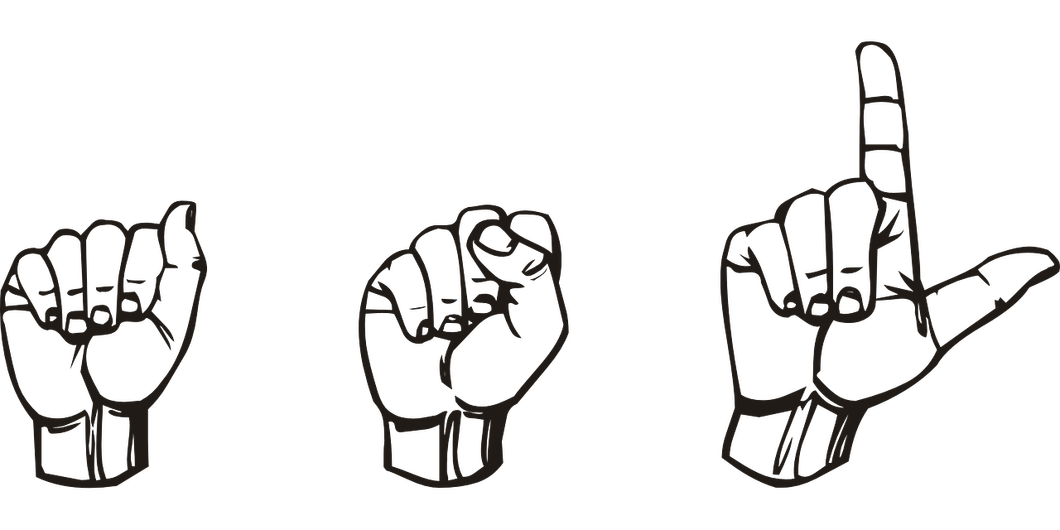As COVID-19 has started to explode in the United States once more, many local and state governments have implemented mask mandates. These mask mandates are good things that wish to protect public health and safety, so as to limit the spread of COVID-19. However, despite the benefits of these mandates, they can adversely affect the Deaf and the Hard of Hearing.
Masks affect the Deaf and the Hard of Hearing in two ways. The first way it affects the Deaf and the Hard of Hearing is by making sign language a bit difficult, and the second way is by making it hard for people that read lips to do so.
Masks affect the Deaf and the Hard of Hearing when signing a lot more than what one might think. Despite no actual speaking being involved, many signs in American Sign Language (ASL) and Conceptually Accurate Signed English (CASE) involve mouth movements and facial expressions that play a vital role in the interpretation of the sign. Wearing a mask covers up the mouth and much of the face, making it difficult or even impossible to see the mouth movements and facial expressions involved in sign language.
Masks also affect the Deaf and the Hard of Hearing that read lips in a rather obvious way. A person who reads lips would not be able to read someone else's lips if that other person is wearing a mask.
The question then arises, what should the Deaf and the Hard of Hearing do? Should they not wear masks and risk exposure to COVID-19 and possible legal risks in places with mask mandates, or should they wear masks and have trouble communicating?
One example of a solution to this issue lies with AJ Housewright, the ASL interpreter for Missouri Governor Mike Parson. When Gov. Parson started having coronavirus briefings, early in 2020, Housewright, like many other interpreters, did not wear a mask. However, for the past few months, Housewright has worn a clear plastic mask that protects his face, but allows his mouth to still be seen.
Clear masks are a major way for the Deaf and the Hard of Hearing to be able to effectively communicate while still being protected by COVID-19. There are two popular styles of clear masks: a clear flexible piece of plastic, such as the one Housewright uses, or multilayered cloth masks with a clear plastic window over just the mouth. Ultimately the cloth masks with plastic windows are ideal because they keep the mouth visible while still having fabric to filter the air, unlike the solid plastic masks, and can be worn by the Deaf and the Hard of Hearing as well as the Hearing and still maintain efforts to communicate.
Until COVID-19 becomes a manageable virus, the U.S. will have to increase mask wearing. Clear masks and masks with clear windows allow the Deaf and the Hard of Hearing to be involved in the effort to overcome the virus without having to sacrifice communication.


















